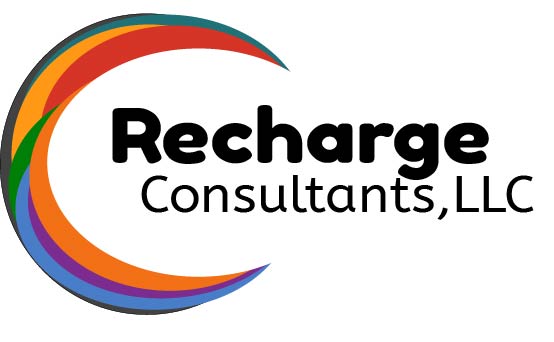Human Resources (HR) plays a critical role in a dental practice by managing various aspects that contribute to the smooth operation and success of the practice. Here are some key responsibilities and roles of HR in a dental practice:
1. Recruitment and Staffing
- Job Posting and Advertising: HR is responsible for creating job postings, advertising open positions, and sourcing candidates.
- Interviewing and Hiring: HR conducts initial screenings, coordinates interviews, and assists in selecting qualified candidates.
- Onboarding: HR manages the onboarding process for new hires, ensuring they understand their roles and responsibilities and are integrated into the team smoothly.
2. Employee Relations
- Conflict Resolution: HR addresses any conflicts or issues that arise among staff, promoting a positive work environment.
- Employee Engagement: HR develops strategies to keep employees motivated and engaged, which can include team-building activities and recognition programs.
3. Training and Development
- Continuing Education: HR coordinates ongoing training and development opportunities for dental staff, including clinical skills and customer service.
- Compliance Training: HR ensures all employees are trained on compliance issues such as HIPAA, OSHA regulations, and other relevant laws.
4. Compensation and Benefits
- Payroll Management: HR oversees payroll processing, ensuring employees are paid accurately and on time.
- Benefits Administration: HR manages employee benefits programs, including health insurance, retirement plans, and other perks.
5. Performance Management
- Appraisals and Feedback: HR coordinates performance reviews, providing feedback and setting goals for employees.
- Professional Development Plans: HR works with employees to create development plans that align with their career goals and the practice’s needs.
6. Compliance and Legal Issues
- Labor Law Compliance: HR ensures the practice complies with labor laws and regulations, including wage and hour laws, anti-discrimination laws, and workplace safety regulations.
- Policy Development: HR develops and enforces workplace policies and procedures.
7. Workplace Culture
- Creating a Positive Environment: HR works to create a positive and inclusive workplace culture that aligns with the practice’s values and mission.
- Diversity and Inclusion: HR promotes diversity and inclusion within the practice, ensuring a respectful and equitable work environment.
8. Administration
- Record Keeping: HR maintains accurate and confidential employee records.
- HR Systems: HR manages HR information systems (HRIS) to streamline HR processes and improve efficiency.
9. Health and Safety
- Workplace Safety: HR ensures the practice adheres to health and safety standards to protect employees and patients.
- Emergency Procedures: HR develops and implements emergency procedures and conducts regular drills.
In summary, HR in a dental practice is essential for managing the workforce effectively, ensuring compliance with laws and regulations, fostering a positive work environment, and supporting the overall goals of the practice. By handling these responsibilities, HR enables the dental practice to focus on providing high-quality patient care.

